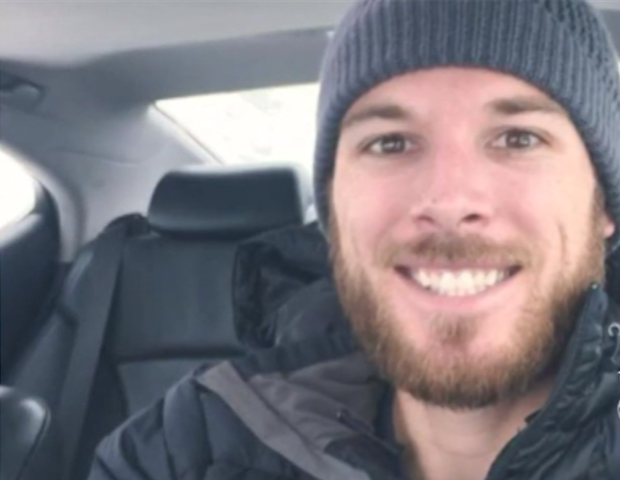Needle stealing case highlights issue with tracking health workers
DENVER -- The latest public health scare involving a Colorado surgical technician has revealed states have more work ahead in trying to prevent needle-stealing hospital workers from getting hired.
Authorities say an HIV-positive surgical tech stole syringes with fentanyl and endangered patients at a suburban Denver hospital -- the third incident of this type in the state in less than a decade. Colorado lawmakers are trying to tighten regulations but experts say it is a national concern.
There should be a national registry for all medical workers with access to drugs and patients, experts say, because having requirements vary from state to state leaves room for criminals to slip through the cracks.
That's apparently what happened with surgery technician Rocky Allen, who jumped from hospital to hospital before he was caught taking a syringe filled with painkillers from an operating room in January. The hospital and state health officials issued a public call for the approximately 2,900 patients who had surgery during Allen's time at the hospital to be tested for hepatitis and HIV. No reported cases of HIV have been detected but about 1,000 people still either need to be tested or get follow up tests.
Allen, who has pleaded not guilty to federal charges, had a long history of problems. The former Navy medic was court martialed for stealing fentanyl at a military hospital in Kandahar in 2011 and received a general discharge after agreeing to a plea deal.
The current law only requires techs such as Allen to self-disclose any civil, criminal or administrative action related to their job duties and to provide their employment history over the previous five years. But Allen, who was fired from at least five hospitals in Colorado and other states, left off some hospitals where he worked from his resume, making it more difficult to vet his background.
Swedish would not explain exactly what it did to vet Allen before hiring him in August 2015 but spokeswoman Nicole Williams said their general hiring practice includes a background check by a third party, confirmation of training, certification and state registration and drug screening.
Under a bill awaiting Colorado Gov. John Hickenlooper's signature, surgical technicians would have to pass a fingerprint-based criminal background check and a drug test before being allowed to work in the state.
The co-sponsor of Colorado's bill, Rep. Susan Lontine of Denver, said the proposed requirements may have stopped Allen, although his problems started in other states.
"We need more of a national network to get these checks and balances," she said.
Julianne D'Angelo Fellmeth, administrative director of the Center for Public Interest Law at the University of San Diego's law school, said any medical worker with access to drugs and to patients should be subject to some licensing or permitting system that would require them to be subject to a fingerprint-based background check.
But Fellmeth said requirements vary from state to state, and legislators and bureaucrats often don't act until there is a crisis. Scrutiny of health care workers who are not doctors or nurses is especially patchy, she said.
It's not clear how many other states are considering tightening the regulation of techs in light of recent drug theft cases.
The National Conference of State Legislatures doesn't track the issue. According to the Association of Surgical Technologists, which represents 80,000 surgical techs, two other states -- North Dakota and Washington -- require techs to register with state regulators and Indiana, New Jersey and New York require 15 hours of continuing education per year.
In New Hampshire in 2012, radiology technician David Kwiatkowski was arrested after he was discovered swapping syringes filled with fentanyl for ones tainted with his blood. It was determined that more than 40 patients around the country contracted hepatitis C from him. He was sentenced to 39 years in prison in 2013.
In 2010, a former surgical nurse, Ashton Daigle, was sentenced to 4 ½ years in prison for stealing needles with painkillers meant for patients at Boulder Community Hospital and sometimes leaving the dirty needles to be re-used. He tested negative for HIV and hepatitis so no patients were infected.
